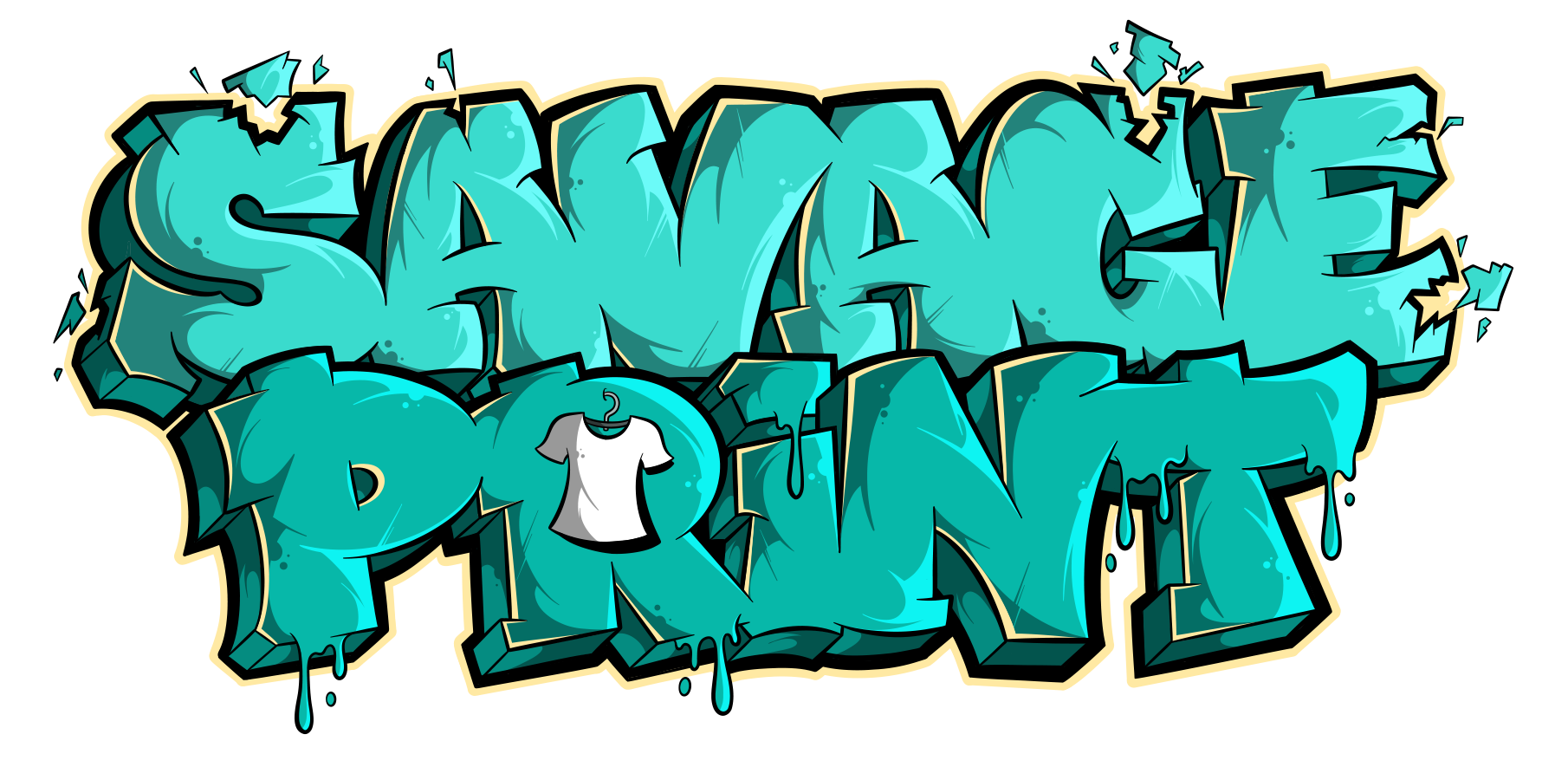
The Fashion Supply Chain Exposed: Unveiling the Ethical Truth
Fashion is not just about what we wear, but how it’s made. Behind the glitz and glamour lies a complex web of supply chains that often remain hidden from the consumer’s eye. In this article, we will peel back the layers of the fashion industry to unveil the ethical truth lurking beneath the surface. Join us on a journey to explore the intricacies of fashion supply chains, learn the importance of ethical sourcing, uncover the transparency in manufacturing processes, discover certifications and labels to look out for, and explore consumer actions for ethical fashion. By the end, you will have a better understanding of how your purchasing decisions can drive positive change in the industry. Get ready to rethink the way you shop and support brands that align with your values.,
Understanding Fashion Supply Chains
One crucial aspect of understanding fashion supply chains is recognizing the importance of ethical sourcing.,
Importance of Ethical Sourcing
Ethical sourcing is a fundamental pillar of a sustainable fashion supply chain. It involves ensuring that the materials used in clothing production are obtained in a way that is environmentally friendly and respects the rights and well-being of workers involved. By prioritizing ethical sourcing practices, fashion brands can not only reduce their negative impact on the environment and society but also build trust with consumers who are becoming increasingly conscious of the ethical implications of their purchasing decisions. This focus on ethical sourcing sets the foundation for greater transparency in manufacturing processes, allowing brands to showcase their commitment to responsible practices and provide consumers with the information they need to make informed choices about the products they buy.,
Transparency in Manufacturing Processes
One way that fashion brands can demonstrate their commitment to ethical practices is by being transparent about their manufacturing processes. Transparency in manufacturing processes involves providing clear and detailed information about how and where their clothing is made, including the working conditions of factory workers and the environmental impact of production. This transparency not only builds trust with consumers but also holds brands accountable for their actions. By being open about their manufacturing processes, fashion brands can educate consumers about the importance of ethical sourcing and empower them to make more informed purchasing decisions. This emphasis on transparency in manufacturing processes paves the way for the discussion of certifications and labels that consumers should look out for when making ethical fashion choices.,
Certifications and Labels to Look Out For
When it comes to making ethical fashion choices, consumers can look for certifications and labels that indicate a brand’s commitment to responsible practices. Certifications such as Fair Trade, Global Organic Textile Standard (GOTS), and B Corp signify that a company has met specific criteria related to fair labor practices, environmental sustainability, and social responsibility. These certifications provide consumers with assurance that the clothing they are purchasing has been produced ethically and sustainably. By seeking out these labels, consumers can align their values with their purchasing decisions and support brands that prioritize ethical practices. This emphasis on certifications and labels sets the stage for understanding the importance of consumer actions for ethical fashion, empowering individuals to make a positive impact through their clothing choices.,
Consumer Actions for Ethical Fashion
As consumers, we hold significant power in shaping the fashion industry and driving positive change. By educating ourselves on certifications and labels that signify ethical practices, we can make more informed purchasing decisions that align with our values. Whether it’s choosing clothing made with Fair Trade certification, Global Organic Textile Standard (GOTS) certification, or supporting B Corps, we have the ability to support brands that prioritize fair labor practices, environmental sustainability, and social responsibility. These small actions can collectively make a big impact on the fashion supply chain, encouraging more brands to embrace ethical practices. By being mindful of the certifications and labels we look for in our clothing purchases, we can contribute to a more sustainable and responsible fashion industry.,
In uncovering the complex web of fashion supply chains, we have gained insight into the importance of ethical sourcing, transparency in manufacturing processes, and the impact of consumer actions on the industry. By prioritizing brands that demonstrate a commitment to ethical practices and seeking out certifications that promote transparency, we can drive positive change in the fashion world. Remember, every purchase we make is a vote for the kind of world we want to see. Let’s choose wisely and support a more sustainable and ethical fashion industry. Together, we have the power to make a difference. As the saying goes, “Fashion is what you buy, style is what you do with it.” Choose a style that reflects your values and supports a better future for all.


